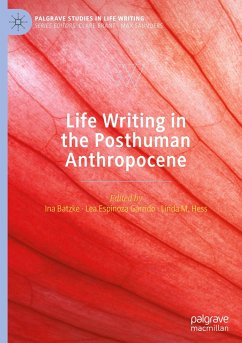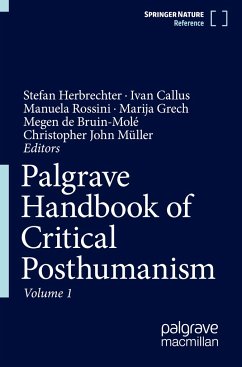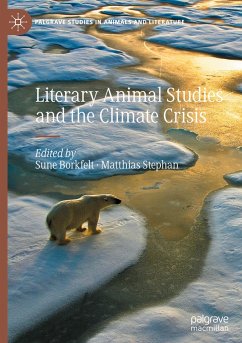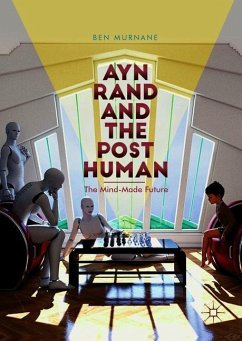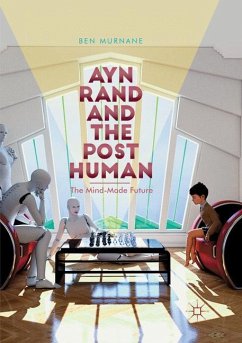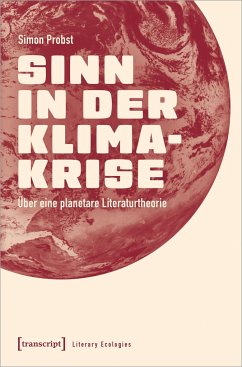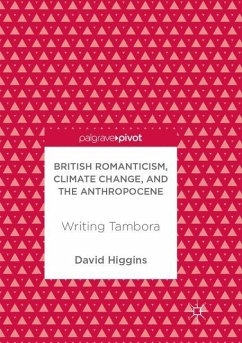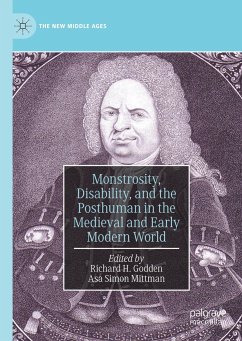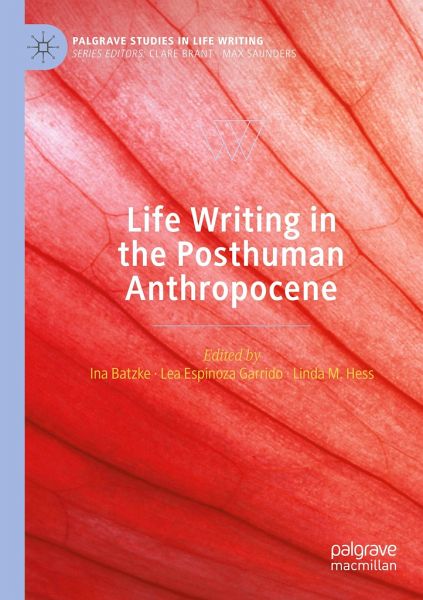
Life Writing in the Posthuman Anthropocene
Versandkostenfrei!
Versandfertig in 6-10 Tagen
98,99 €
inkl. MwSt.

PAYBACK Punkte
49 °P sammeln!
Life Writing in the Posthuman Anthropocene is a timely collection of insightful contributions that negotiate how the genre of life writing, traditionally tied to the human perspective and thus anthropocentric qua definition, can provide adequate perspectives for an age of ecological disasters and global climate change. The volume's eight chapters illustrate the aptness of life writing and life writing studies to critically reevaluate the role of "the human" vis-à-vis non-human others while remaining mindful of persisting inequalities between humans regarding who causes and who suffers damage ...
Life Writing in the Posthuman Anthropocene is a timely collection of insightful contributions that negotiate how the genre of life writing, traditionally tied to the human perspective and thus anthropocentric qua definition, can provide adequate perspectives for an age of ecological disasters and global climate change. The volume's eight chapters illustrate the aptness of life writing and life writing studies to critically reevaluate the role of "the human" vis-à-vis non-human others while remaining mindful of persisting inequalities between humans regarding who causes and who suffers damage in the Anthropocene age. The authors in this collection not only expand the toolbox of life writing studies by engaging with critical insights from the fields of posthumanism and ecocriticism, but, in turn, also enrich those fields by offering unique approaches to contemplate the responsibility of humans for as well as their relational existence in the posthuman Anthropocene.





